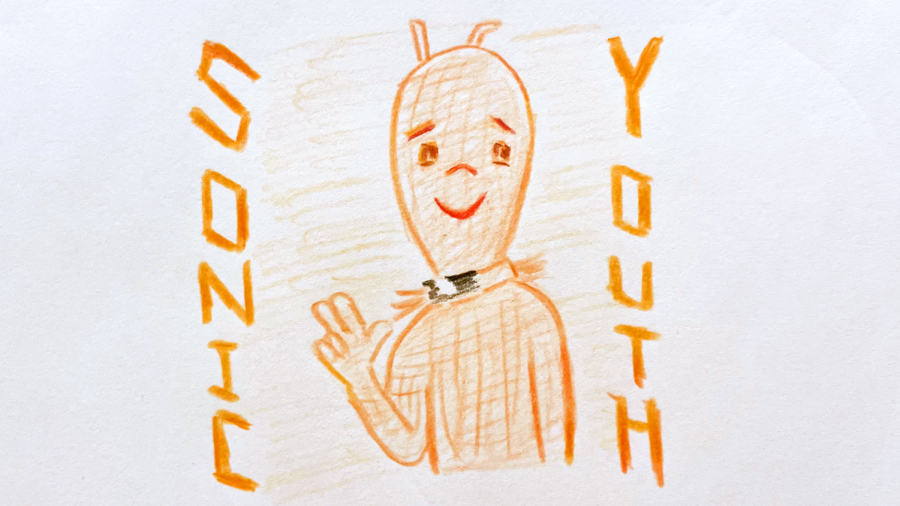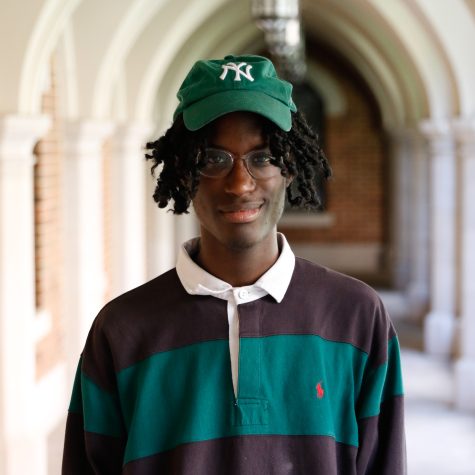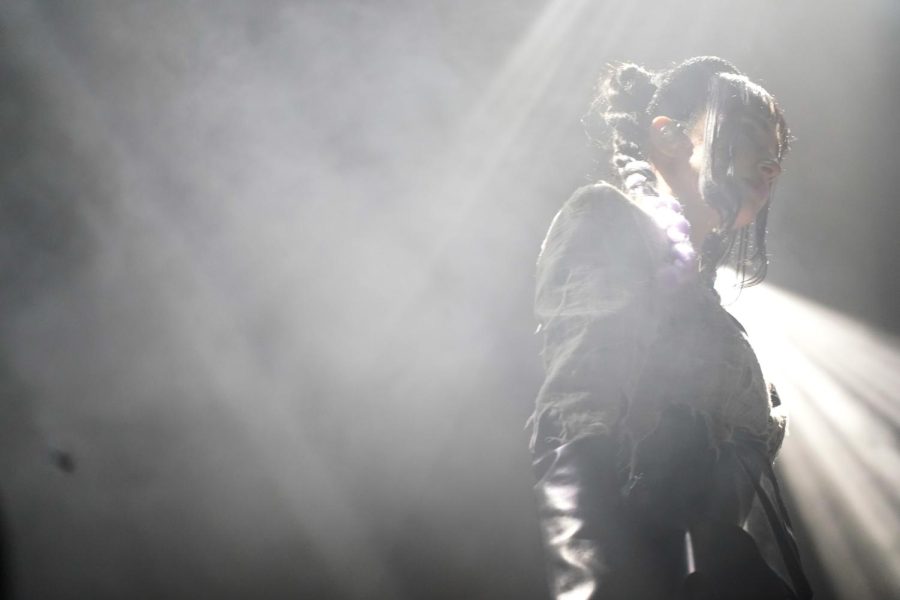By the early aughts, Sonic Youth’s members found themselves in a strange middle-ground between utopic freedom and dystopian doom.
Their sprawling 2002 LP “Murray Street” was the first they would ever record in their self-owned Lower Manhattan studio. With unlimited time and creative autonomy, they funneled decades’ worth of experimentation into a crisp 45-minute manifesto — one that features meandering jam sessions, obscure-yet-cathartic lyricism and the sorts of guitar riffs you must be either drunk or a genius to conjure from six strings on a slab of wood.
But “Murray Street” was also bound to another Lower Manhattan landmark, blocks away from Sonic Youth’s brand-new sanctuary. Midway through the album’s creation, the Twin Towers fell, and so did, momentarily, the lifeforce of a city integral to the group’s expansive lore. Ten tumultuous years after the September 11 attacks, frontman Thurston Moore would cheat on his wife, bassist Kim Gordon, and spell the end for a band that seemed at one point able to make it through anything. For all the hope “Murray Street” represented, it was still latched to dooms of both past and future — each of which would soon either catch up to the group or ultimately blockade its path forward.
When I first listened to “Murray Street” this past winter break, I was slouched on my living room couch with a used copy of Gordon’s 2015 memoir “Girl in a Band.” Much like the group, I, too, had been gurgling in the contradictory muck of utopic freedom and dystopian doom. School was over, and so was a grueling fall semester — one that featured heartbreaking personal losses, overslept classes and more time spent in bed than with people. But the fact that school was over also meant that a new semester was about to begin. A week out from my dreaded flight back to Nashville, the looming realities of future angst — textbook orders, waitlist notifications, texts I didn’t feel like answering — were steadily drawing nearer.
“They seem to think I’m disconnected,” Moore crooned into my headphones, sounding half-depressed-alien, half-hoarse-rockstar. “Don’t think I know what to read or write or say.” I didn’t either, and sooner than later, I was going to have to find out.
Those lyrics appear in a lengthy track called “Disconnection Notice,” where Moore sings achingly about being informed of his “disconnection” from society via mail. Though there was no package arrival notification bearing any such notice in my own email inbox (I checked), a similar sentiment kept me drawn to both the song and its underlying disenchantment.
I left freshman year hoping that two months away from campus would result in a heightened sense of self, that the summer would free me from crippling social anxieties, fears of not fitting in and even an unwanted “friendship” or two. When the fall semester quickly proved that none of these expectations would pan out, I felt frustration, but none of which I could direct to anyone except myself. Vanderbilt did not promise me that my anxieties would disappear; I assumed that on my own. People did not choose to avoid me; I avoided them. Unwanted “friendships” did not decide to endure themselves; I decided not to set new boundaries with them.
And so, when dystopian realities invalidated utopian hopes, I eschewed the many resources on campus in favor of the many resources in Sonic Youth’s discography. If you saw me speedwalking on campus anywhere between September and December, I was more than likely listening to “Bad Moon Rising.” When I had no one to eat with at dining halls, I threw in my earbuds and listened to Moore’s indistinct guitar chords over my peers’ indistinct chatter. During long nights under the blinding white lights of Stevenson Library, I soundtracked my bulky English readings with the dissonant noise of “Confusion is Sex.” I would love to say that the combination of obscure readings and obscure sounds canceled out and resulted in a new study technique. In reality, it contributed to sensory overload and a sense of incremental dread. But these seemingly bothersome feelings gave me a strange comfort. Sonic Youth’s music was opaque enough to give me a choice — and sandwiched between utopic freedom and dystopian doom, I chose to lean into the dystopian doom.
So did Gordon. When Sonic Youth took the stage for the final time, the year was 2011 and they were slated to play a rain-soaked set at Brazil’s SWU Music & Arts Festival. The fate of the band had been all but sealed by Moore’s extramarital affairs — but little of this was known to the public yet, who still saw the group’s recently-announced hiatus as an innocuous retirement. “Girl in a Band” opens with a sobering distinction between Grodon’s reality in the moment and the version of it Sonic Youth’s fans understood.
“(…) Thurston double-slapped our bass guitarist Mark Ibold on the shoulder and loped across the stage, followed by Lee Ranaldo, our guitarist, and then Steve Shelley, our drummer,” she recounts of the group’s final march towards their instruments. “I found that gesture so phony, so childish, such a fantasy. Thurston has many acquaintances, but with the few male friends he had he never spoke of anything personal, and he’s never been the shoulder-slapping type. It was a gesture that called out, I’m back. I’m free. I’m solo.”
When I first got into Sonic Youth, I was a scrawny middle schooler who thought Thurston Moore was undeniably the coolest individual to grace planet Earth. For the scrawny now-undergrad revisiting Sonic Youth’s music for the first time years later, Moore remained the coolest — until I abruptly learned of his deeply uncool deeds. I was forced to view Moore as a complicated human, not just an untouchable rock-star deity. Zoom out far enough from anything — or anyone — and you’ll see perfection; zoom in and you’re bound to see the kinks. Utopias and dystopias exist in everything. It’s only a matter of which of the two we’re more willing to acknowledge.
One line after he sings about receiving his “disconnection notice” in the mail, Moore croaks out a simple-yet-unsettling question: “See how easily it all slips away?”
Utopia or dystopia, whatever we’re living in is finite — a sentiment that, depending on your perspective, can either be very good news or very bad news. In the contradictory muck of utopic freedom and dystopian doom, the only way forward is wherever the music takes you.






